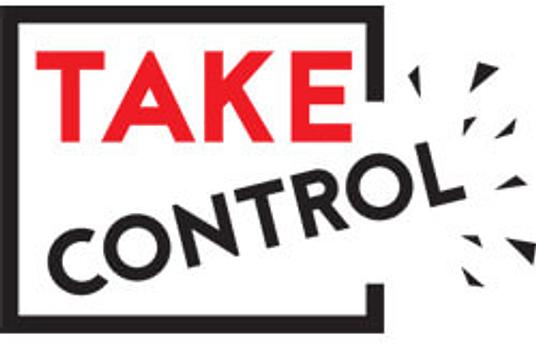Despite a growing focus on learner agency and lifelong learning skills, in many cases, there is little skill development associated with the dialogue, just an assumption that these skills emerge. This may be true for some learners – but for many, the skills of autonomy are something heard, but not understood. What was needed was a clear framework outlining specific skills to guide learners.
After looking at the neuroscience of strong autonomous learning, 6 domains relating to being an independent learner were identified. All the domains require a high level of self-awareness, so this was not separated out, but viewed as integral to all domains:
• Self-direction
• Self-determination
• Self-regulation
• Self-management
• Self-responsibility
• Learner-agency
Within these domains, 4 levels of progress were identified and a rubric was created to explain multiple components and sub skills relevant to each domain. To make the framework practical, there is a description that is easily understood in 4 phases:
• Foundations
• Guided
• Independent
• Autonomous
Learners can self assess their skill levels against the rubric and framework and establish goals for specific improvements. For primary aged learners a simplified version, 'Stages of Readiness' was developed with 3 components: seeds, shoots and flowers. Specific skills are targeted e.g. managing a device well.
The impact on the learner community has been profound - and in a relatively short timeframe. A stronger and seemingly tangible culture of learning has emerged. One that is calmer, consistent, visible, understood and aspirational. Its strengths have been the clarity of skills necessary, as well as the non-judgmental approach to self-positioning of learners on an autonomy continuum. The main goal is to embed a culture which is subliminally stronger than other cultures, so that learners adopt an evident and strong culture of learning without thinking. The individual goals form part of the regular learner-mentor conversations, also forming part of the cyclic 360 degree learner growth meetings. The learners gain an authentic vocabulary as they grow their capacities as lifelong learners.
Contact Learnlife via the webpage. All materials are freely distributed. Survey your community to determine the evident gaps or strengths in lifelong learning skills. Implement a contextualised version of the 6 different components of autonomous learning. There is the option to join the free community hosted by Learnlife and gain inspiration from others seeking to grow a positive learning culture.



